Call for Papers
Symposium for Faculty and Students
Location: Stephen C. Hall Building, Room 102, Georgia Tech
Event Date: 15 September 2023
Deadline for Submissions: 15 July 2023
Submit at: worldenglishessymposium@gmail.com
While language is a powerful apparatus that has been used as a tool to perpetuate dominant ideologies and to subjugate people, it can also create a path of emancipation when marginalized people use it to voice their unheard stories. And yet, multicultural, and multilingual experiences are often lost in translation during the normalizing process of the so-called standards of academic writing and communication. To counter this erasure, we propose that multilingual communities are multimodal in nature and that it is imperative to articulate the world as it is encountered to create resilient learning communities (Ainsworth et al., 2023). Through the lens of multimodality, this symposium seeks to put into conversation multicultural and multilingual experiences from a range of stakeholders. We thus seek to discuss multilingualism as a system of thought, articulation of personhood, and a pedagogical practice by creating a space in which we can listen to the oftentimes unheard voices in academia. To this effect, we ask for submissions on the significance of multilingualism inside and outside of the classroom that address the current conversations on multilingualism in today’s globalized world with specific attention on creating a dialogue between students and instructors.
Topics can include but are not limited to
-
-
- Multilingual voices in Anglophone literature
- Multilingualism and Identity
- The multilingual classroom
- Multilingualism and pedagogical practices
- Multilingualism and social media
- Multilingualism and multimodal communication
- Multilingual students/ multilingual instructors
- Translation
-
Please submit a 250-300 words description or abstract for one of the formats below:
Panel
This panel calls for abstracts on multilingualism in literature, media and communication. We invite research and reflection on the complex relationship between language and identity in contemporary literature, media, and communication.
Student Showcase
This showcase seeks to highlight outstanding student contributions to multimodal work that emphasizes multilingualism and identity. Though these readings and presentations will reflect the kinds of pedagogical and theoretical conversations framing the symposium, this event acts as a celebration of students’ voices and the multilingual knowledge they bring to our classrooms. We invite students to share multimodal work from Georgia Tech classes on the themes of language, culture, and identity. This interactive showcase will involve a mixture of student readings and poster presentations.
Roundtable
This roundtable discussion calls for papers and presentations from instructors on their pedagogical practices and classroom strategies while multilingual and diverse student body and topics related to multilingualism and linguistic diversity. The roundtable will also serve as a supplement for participants to engage and discuss student work presented during the showcase.
Please submit by 15 July 2023
Questions and Submissions should be sent to

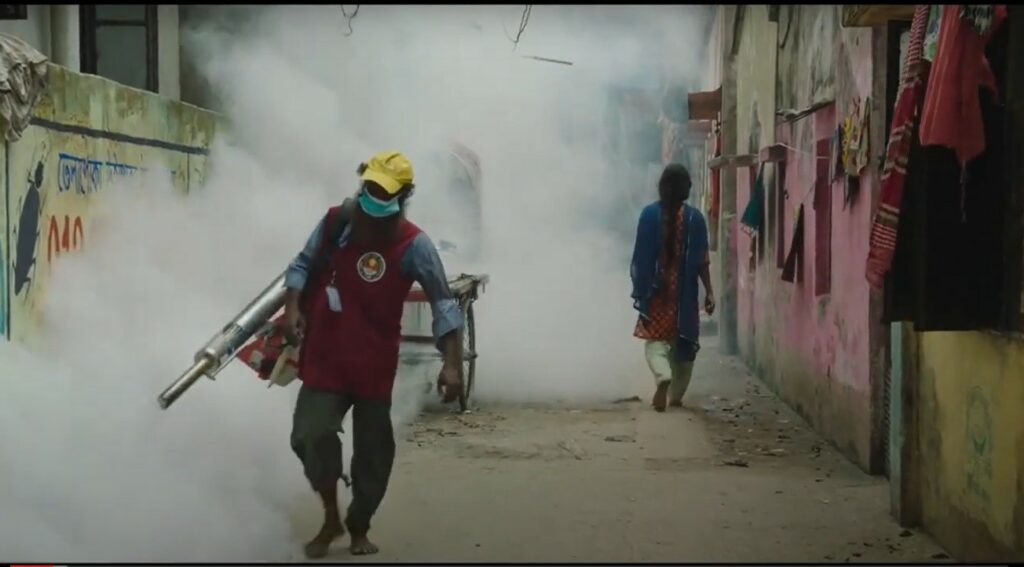
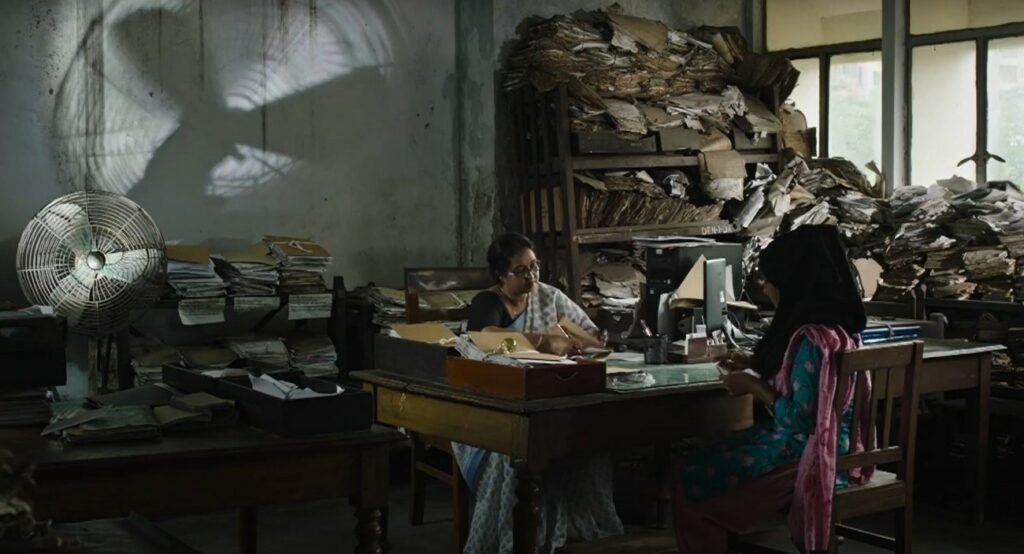

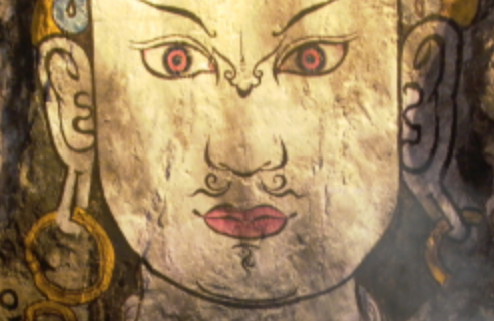

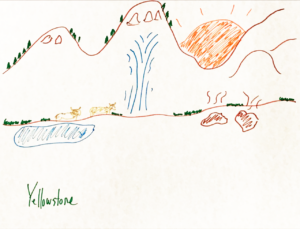
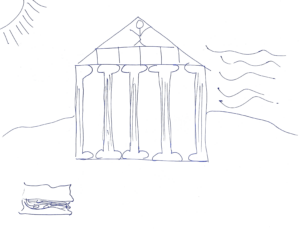
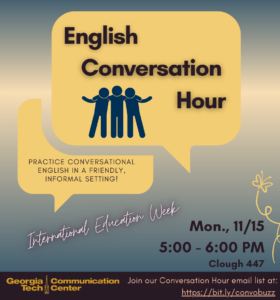

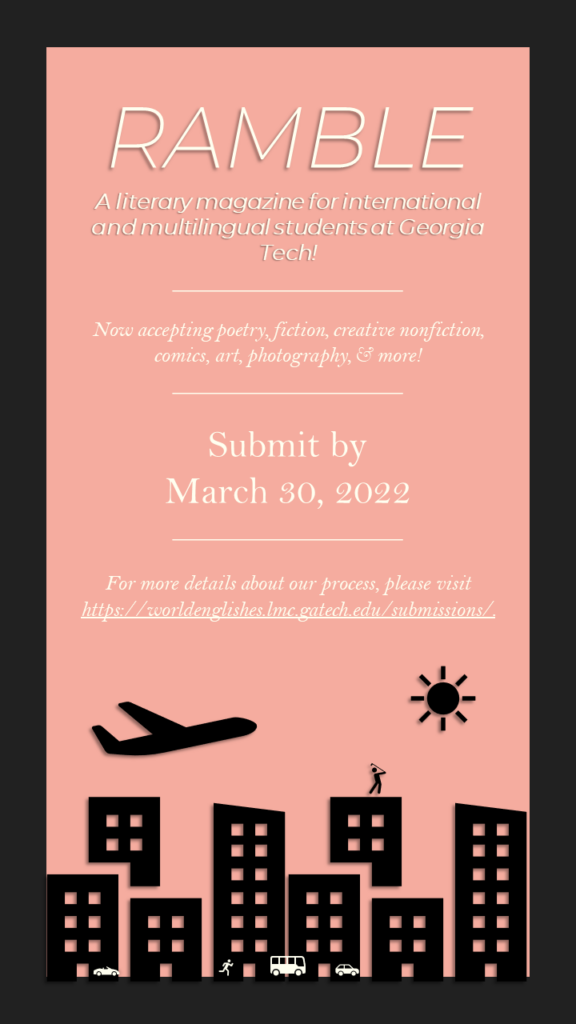

 a) The World Englishes Committee has helped to organize and sponsor six virtual
a) The World Englishes Committee has helped to organize and sponsor six virtual 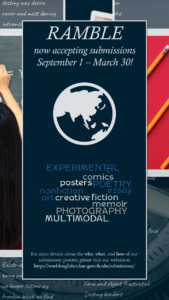 e) Finally, our capstone of the year was the publication of the
e) Finally, our capstone of the year was the publication of the